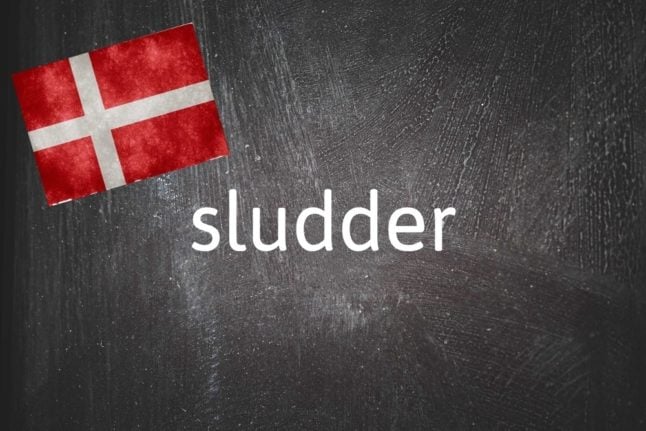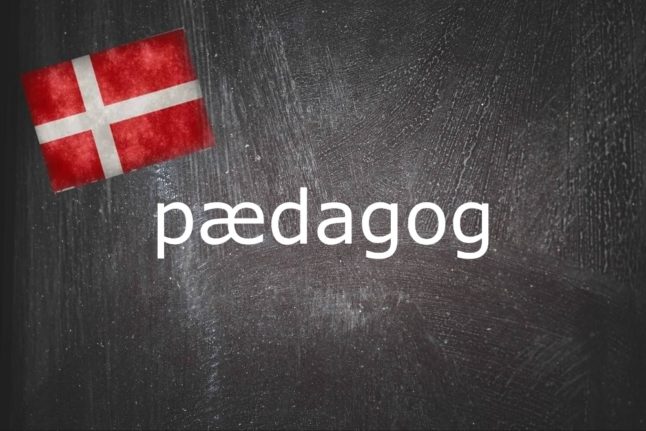What is sludder?
Sludder has its roots in the verb at sludre, meaning to speak in a way that makes no sense, is difficult to understand or is incoherent.
It can also mean to chat informally about interesting everyday topics.
Sludder is the noun form of this, so it means talk or statements that are nonsensical, illogical or incoherent. “A load of rubbish”, to use a colloquial British phrase.
Similarly to the verb form, it can also be the noun for informal chat about a topic considered to be relatively safe ground.
Although it sounds similar to the word for sleet, slud, there’s no immediate connection between the two.
Why do I need to know sludder?
There are a number of ways you might hear sludder deployed by Danes in casual conversation.
For example, someone might exclaim sludder! in the middle of a sentence if they realised they’ve got some detail wrong, like a name or a date, and need to correct themselves.
In a more confrontational situation, another person’s statement might be described as sludder, for example during a political debate.
A sludder for en sladder (literally, “nonsense in exchange for gossip”) uses sludder in combination with a similar sounding word, sladder, which means gossip. The expression means an evasive or noncommittal answer to a question, or sometimes a discussion about something inconsequential.
Examples
Vi ses kl. 16… ej sludder! Jeg får først fri kl. 19.
I’ll see you at 4pm… no that’s nonsense! I don’t finish work until 7.
Der er jo sludder at påstå, at det sjældent blæser i Danmark.
It’s nonsense to claim it’s rarely windy in Denmark.
Vi fik lige en sludder for en sladder, men så skulle jeg videre.
We had a quick chat, but then I had to go.



 Please whitelist us to continue reading.
Please whitelist us to continue reading.
Member comments